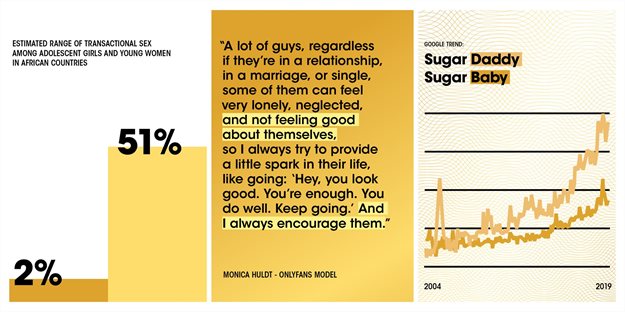
Top stories

Energy & Mining#MiningIndaba: How GenAI is reinventing mine maintenance in South Africa
Maroefah Smith 2 hours





More news











Blessees, blessers, sugar mommies and daddies, these are some of the terms used now to describe people in transactional or ‘mutually beneficial’ relationships. Transactional relationships are not simple cases of *money for sex*. While there are those who take advantage of economic/romantic power, there are many out there for whom this type of relationship is their way of being able to connect human-to-human.
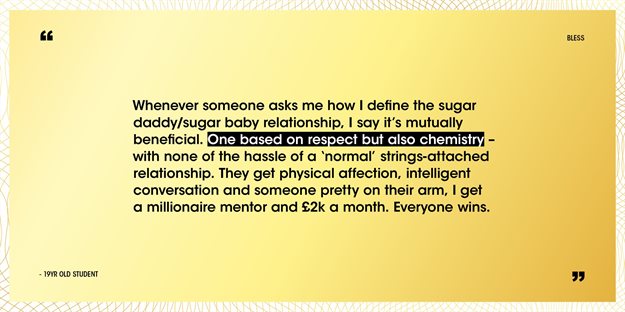
For this theme we needed a powerful voice to speak up for those who so often get diminished. Founder and CEO of African Star Communications, Farah Fortune is that powerful voice both as a businessperson as well as a thinker. When chatting with her during the podcast she unravelled some highly problematic misconceptions about transactional relationships with a pragmatic mind. Perhaps one of the most important aspects that she hit on was whether or not it’s appropriate to have opinions on how people live their lives. Something that probably hits home for many of us, when we think of others who have opinions on our lives?
Listen to more from Fortune here:
When we think of transactional relationships, we often forget about the growing nature of online relationships on places like Instagram, Twitter and now OnlyFans. Here money is exchanged for favours, and in some cases just a human connection. We need to give this far greater credence when we see it ingrained in our popular culture, from powerful voices like Beyonce, who references OnlyFans in one of her latest tracks.
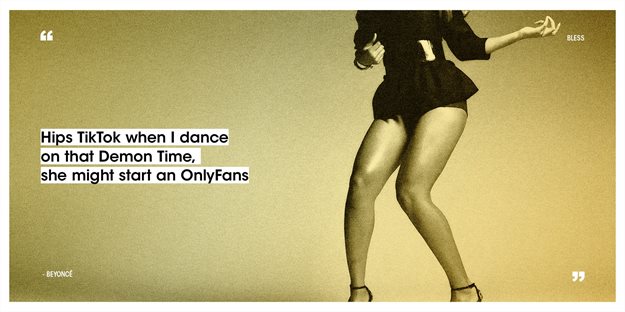
Another powerful person who joined us for a podcast was anthropologist and author Lebohang Masango. She wanted to express the disconnect that we have about the nature of the people in these relationships; how we categorise them as predator and prey, dismissing the subtler nature of choice. Yes, there are people who are in desperate need of monetary help, but this does not dictate the entire nature of transactional relationships.
“It’s so much easier to cast people in these well-worn roles of a ‘predator man and this woman who is a victim and is so desperate’ but the way I have understood it is that these young women are self-aware, know what they want, have a firm handle on their agency and are exercising their choices.” - Lebohang Masango
We spoke with Jane who is currently in a healthy transactional relationship, and she has some excellent advice for those who are seeking such relationships.
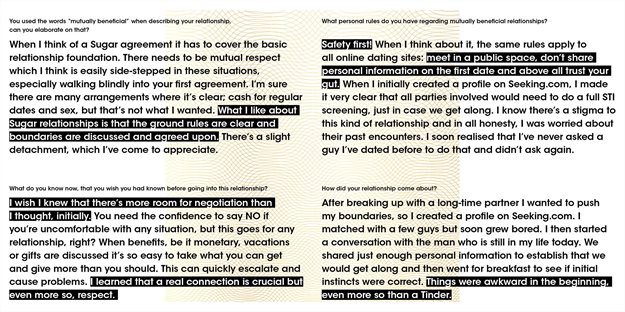
For all the Janes in the world, there are also many Joaos who have had less pleasant experiences. Joao is a young Brazilian man who found himself in a transactional relationship by chance, seeking a UK visa/passport. His partner suggested that dating him was a solution to his problem and to his passport problems. Sadly, respect was not part of the arrangement.
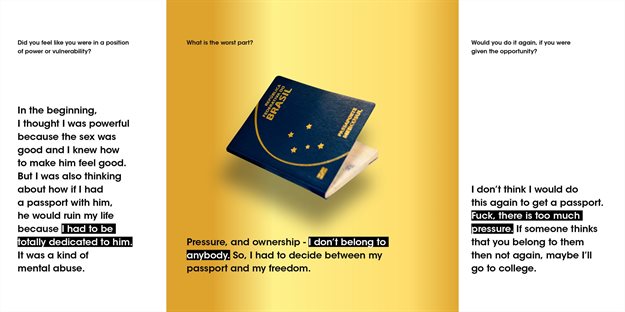
So, what is the conclusion to this? Our basic belief is that people's relationships are none of our business and we have no right or dominion over them. This is obviously not a cut-and-dried statement, as sometimes people are in danger, or are being taken advantage of – but that is true of any relationship regardless of any transactions within them.
What we do know is, with the growing gap between the rich and the poor, as well as the changing of attitudes towards transactional relationships, they are not going away.
